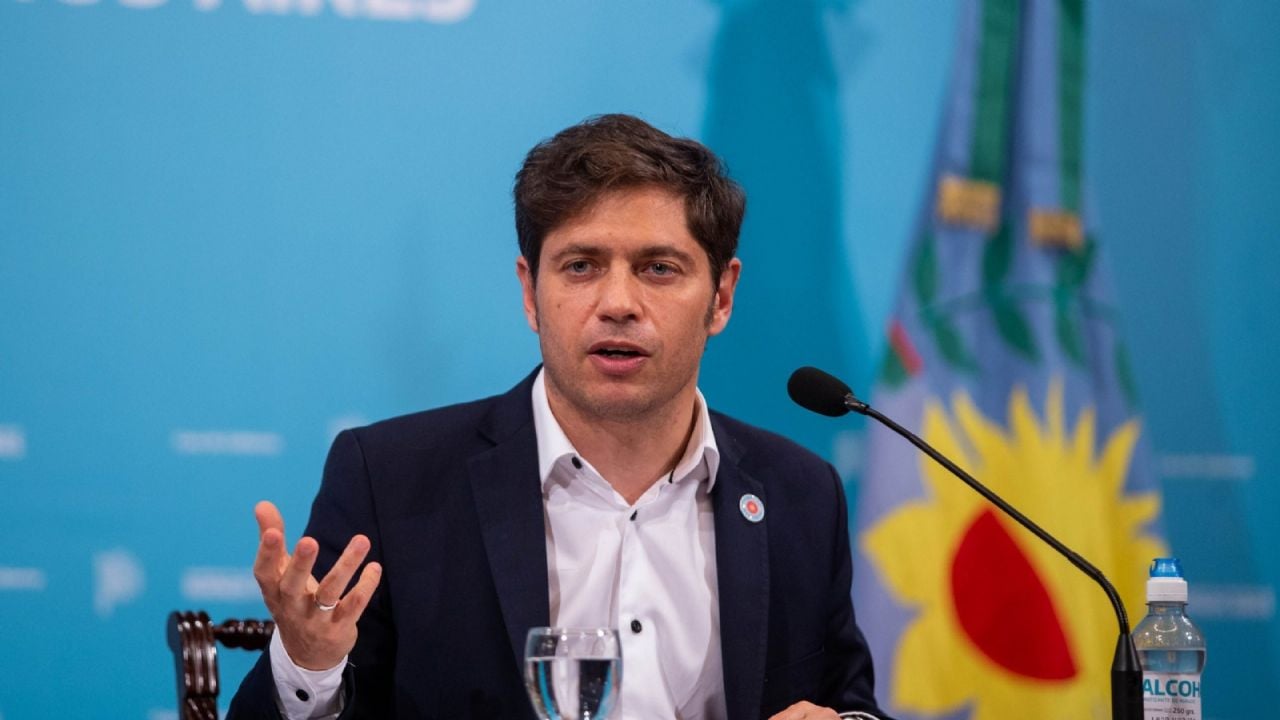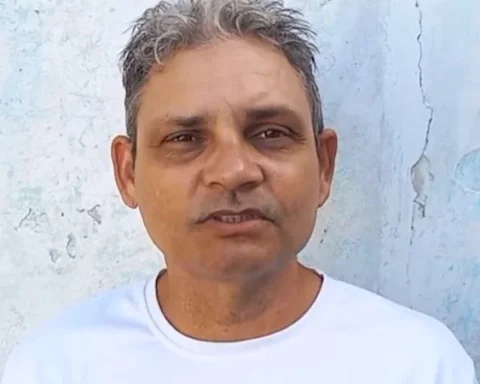The recent crossover between Manuel Adorni and Axel Kicillof has caused a stir in the Argentine political arena. Presidential spokesman Manuel Adorni harshly criticised the governor of the province of Buenos Aires, Axel Kicillof, stating that “what he says is not very relevant.”
This statement came in the context of a series of accusations and counter-accusations between the two officials, reflecting the current political tensions in the country. The controversy began when Axel Kicillof He expressed his concern about the policies of the national government, led by Javier Milei, and described them as a path towards “national dissolution.”
Kicillof has been a constant critic of the economic and social measures implemented by the libertarian administration, arguing that these policies are leading the country to an even greater crisis. In response, Manuel Adorni did not hold back and lashed out against Kicillof during a press conference at the Casa Rosada.
Adorni dismissed the Buenos Aires governor’s criticism, saying that Kicillof has been part of the “destruction of Argentina” and that his opinions lack relevance due to his political history. During the press conference, Adorni was blunt in stating that the decision to transfer the bus lines had already been made and that, although the issue is complex, the final details of the transfer are being finalised and will soon be made official.

When asked about the words of KicillofAdorni responded with a taunt: “What did he say? I’m blocked by Kicillof.” This acid-laden response was followed by a more direct criticism: “We are used to him saying absolutely anything, what he says is not very relevant after having been part of the destruction of Argentina.”
Adorni also referred to complaints from other leaders, including Buenos Aires Mayor Jorge Macri, emphasizing that Javier Milei’s administration “will only take charge of national transport lines,” while “the provinces and CABA will have to assume their responsibility for local lines.”

Reactions
Adorni’s statements did not go unnoticed and generated a series of reactions both in the political sphere and in public opinion. Adorni’s followers Kicillof They defended the governor, arguing that his criticisms are valid and reflect the concerns of many citizens about the national government’s policies.
On the other hand, supporters of Adorni and Milei applauded the presidential spokesman’s firmness and his willingness to confront critics of the government. This exchange of accusations has also highlighted the deep political divisions in Argentina.


















